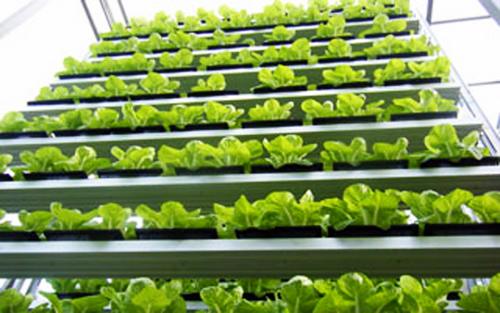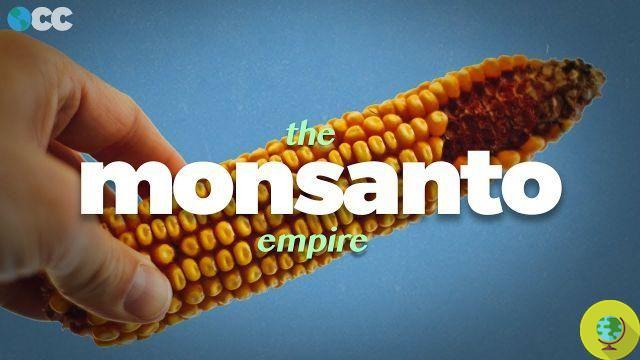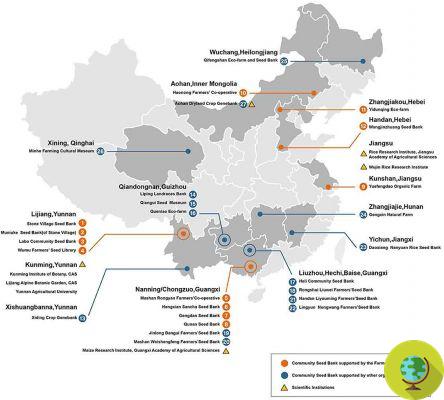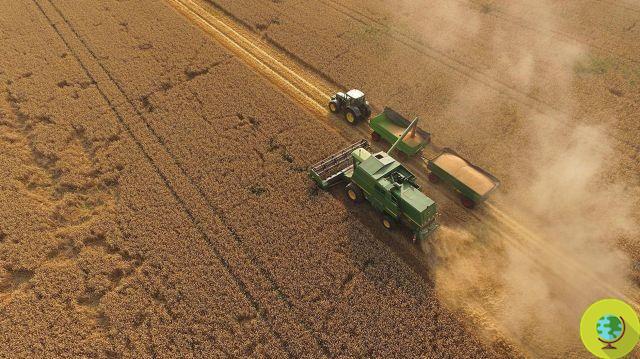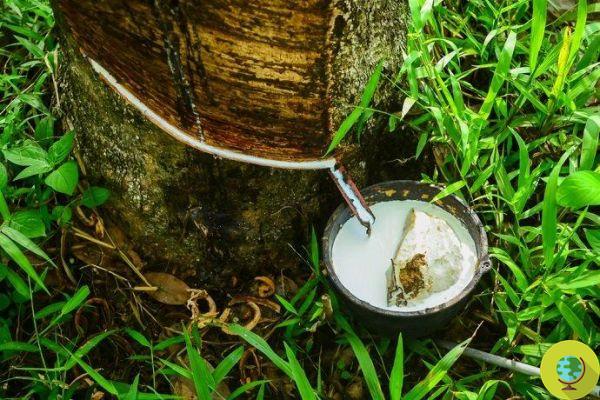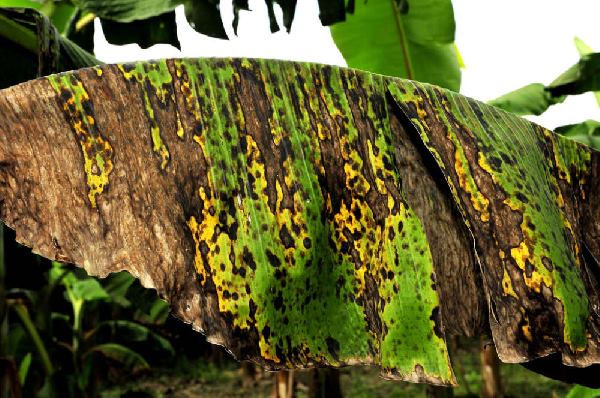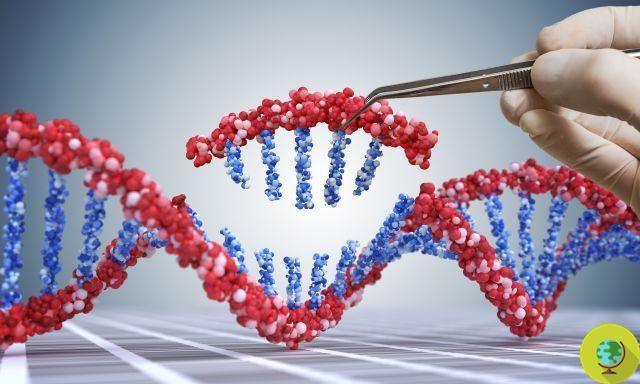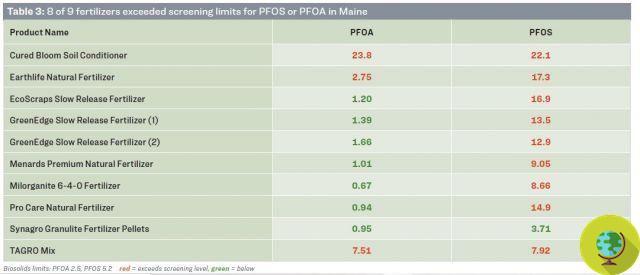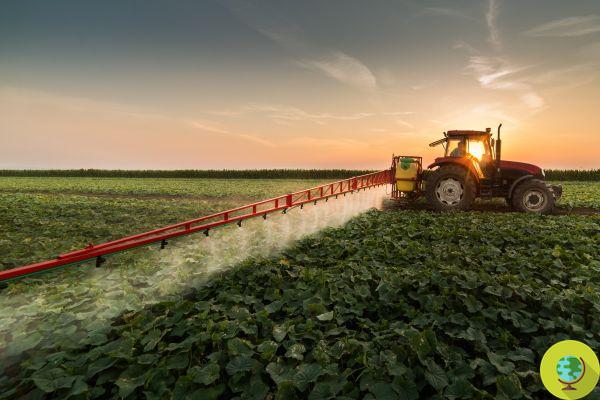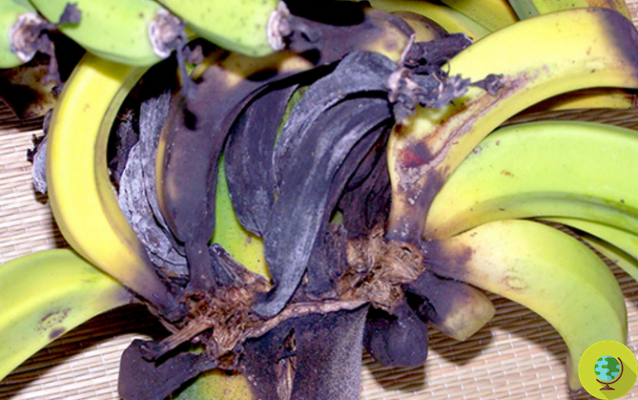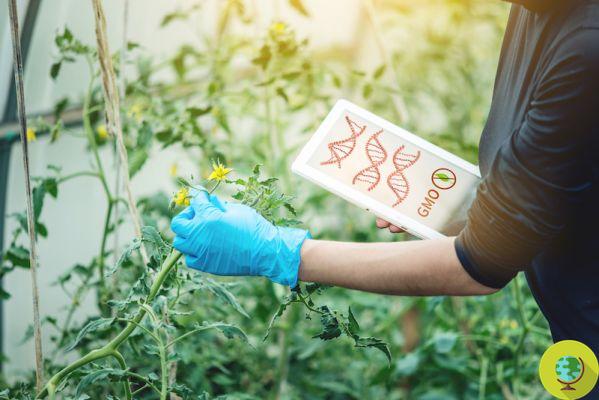
In recent years, the growing spread of genetically modified crops has led to a significant increase in the use of herbicides, due to weeds that have become increasingly resistant: this is revealed by a study conducted by a team of economists from various American universities and just published in Science Advances.
He is about to end up run over, his mother saves him
In recent years, the growing popularity of genetically modified crops involved a sensitive increase in the use of herbicides, due to weeds that have become increasingly resistant: this was revealed by a study conducted by a team of economists from various American universities and just published in Science Advances.
The study in question, entitled Genetically engineered crops and pesticide use in US maize and soybeans, is the largest ever conducted on relationship between GMOs and pesticides in the United States, as it takes data from more than 5.000 soybean farmers and more than 5.000 corn farmers in the period 1998-2011: the research carried out previously had in fact limited itself to following the trend of the crops for a period of time no longer than two or three years.
"Having 14 years of data from farmers across the United States makes this study very special." - stated Federico Ciliberto, economist at the University of Virginia and co-author of the study - "We repeated the observations of the same farmers and we know both when they started adopting genetically modified seeds, and how the use of chemicals from them. "
As of 2008, more than 80 percent of soybeans and corn grown in the United States are GMO. In particular, corn seeds have the modification of two genes: one kills the insects that eat the seed and the other allows the seed to tolerate the glyphosate, a controversial herbicide, found in commonly used herbicides, such as Monsanto's Roundup. Bean sprouts, on the other hand, have a single gene modification that is resistant to glyphosate.
READ ALSO: Glyphosate and toxic herbicides pollute soils in North America: alarming data in a new study
In the fourteen years covered by the research, corn farmers who planted insect resistant seeds actually used fewer insecticides - 11,2% less than those who did not choose GM corn. And, again in the same period, the use of herbicides also decreased, albeit slightly, by 1,3%. As regards soybean crops, the reverse trend was observed: farmers who planted GM seeds used 28% more herbicides than others. How can this be explained?
READ also: The link between glyphosate, GMO fields and invasion of toxic algae in the US
According to the authors of the study, this apparently contradictory finding is due to the proliferation of glyphosate resistant weeds.
“In the beginning, there was a reduction in the use of herbicides. Over time, however, the use of chemicals has increased as the weeds have developed resistance to glyphosate. " - Ciliberto explained - "[...] The data suggest that weeds are becoming more and more resistant and that farmers are forced to use more and more chemicals, in increasing numbers and quantities."
Even if the problem in corn crops is not yet so evident, the data relating to the five-year period 2006-2011 also show in that case a progressive increase in the use of herbicides, a sign of a growing trend. On the other hand, again in the period 2006-2011, the percentage of hectares of land sprayed with glyphosate alone dropped from 70% to 41% for soybean crops and from 40% to 19% for corn crops: percentages that show how farmers increasingly have to resort to other chemicals, given the increased resistance of weeds.
And, as is evident, the increasingly massive use of different types of herbicides has very specific consequences in terms of pollution: just think of the contamination of ecosystems and aquifers, with potential repercussions on human health itself. Proof of the fact that the problem of the environmental impact of GMOs is much broader than is commonly thought.
Lisa Vagnozzi





